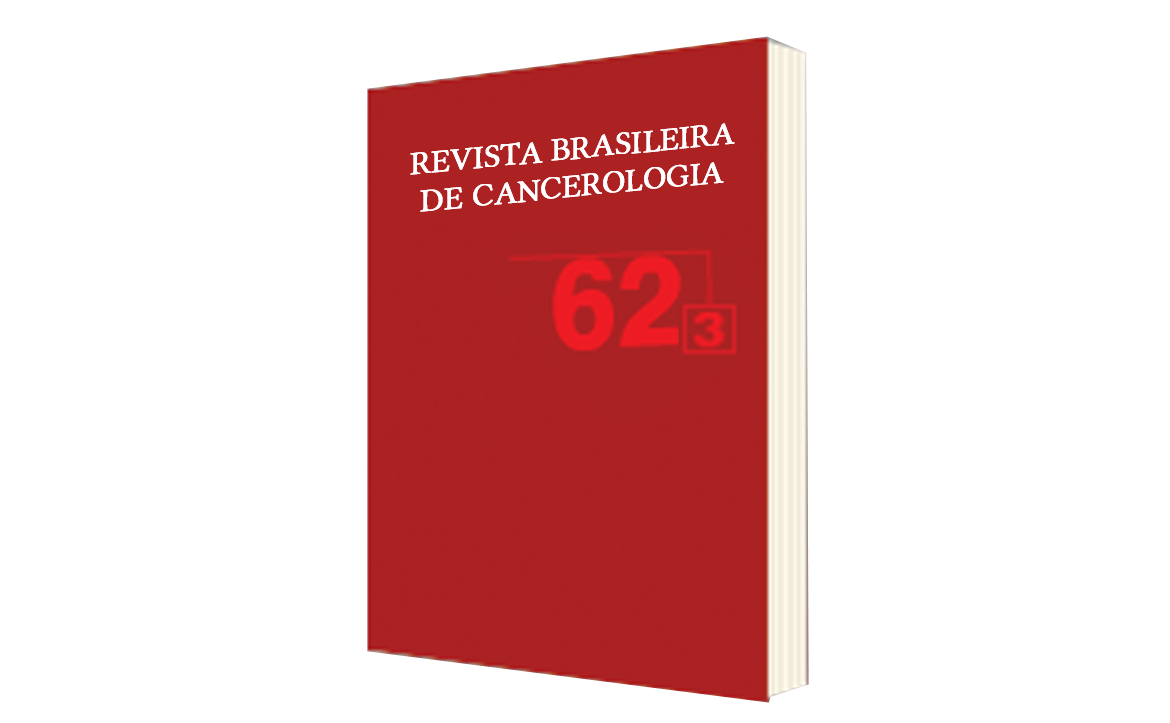Meaning of Palliative Care for the Quality of Survivorship of Oncologic Patient
DOI:
https://doi.org/10.32635/2176-9745.RBC.2016v62n3.164Keywords:
Survival, Quality of Life, Palliative Care, Neoplasms, Qualitative ResearchAbstract
Introduction: Advances and improvements in diagnosis and treatment of cancer, in Brazil and all over the world, have led to an increasing number of cancer survivors. While promising, the increasing in survivors results in more people living with chronic and delayed effects of cancer and its treatments, prompting a whole new reflection about the social impacts, formation of public policy and the models of care for the provision of palliative care in oncology. Objective: To understand the interdependent and complementary relationships between the application of the concept of palliation and quality of survival in the cancer patient from a multidisciplinary team perspective. Method: Qualitative research, based on the hermeneutic-dialectic approach, performed in an reference oncology hospital in Rio de Janeiro, attended by nine health care professional members of the multidisciplinary team, with data produced by two focus groups, between July and August 2015. Results: Four broad empirical categories were identified: notion of survival in oncology; survivorship; palliation and line care in oncology; palliation and quality of survivorship in oncology; and survivorship and evaluation of the institutional palliation model. Conclusion: The palliation needs of cancer survivors require specific cancer control policies which involve the formation of a palliation care planning model guided by a broader definition of survivorship based on studies of the physical, emotional, social and economic needs of this growing group.









